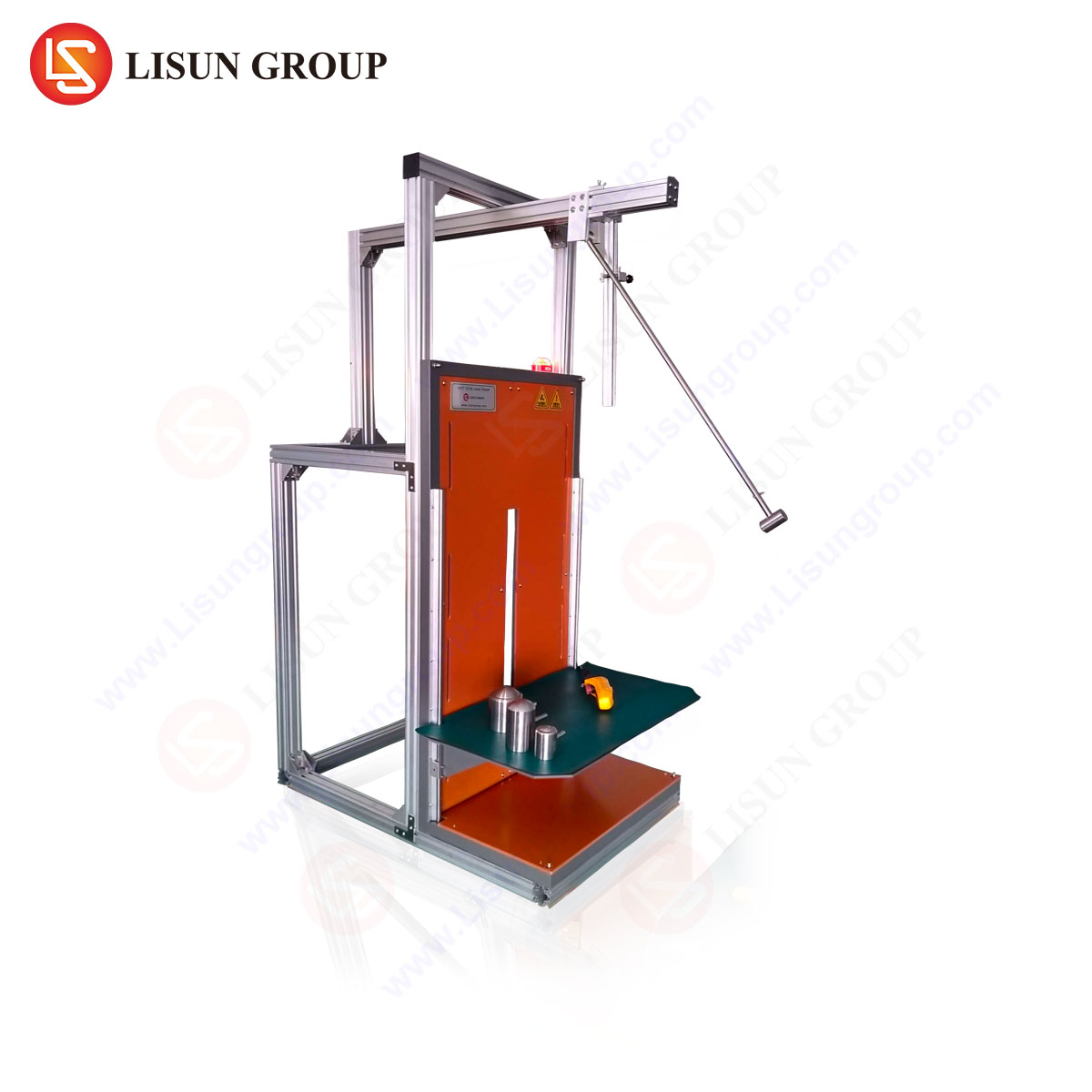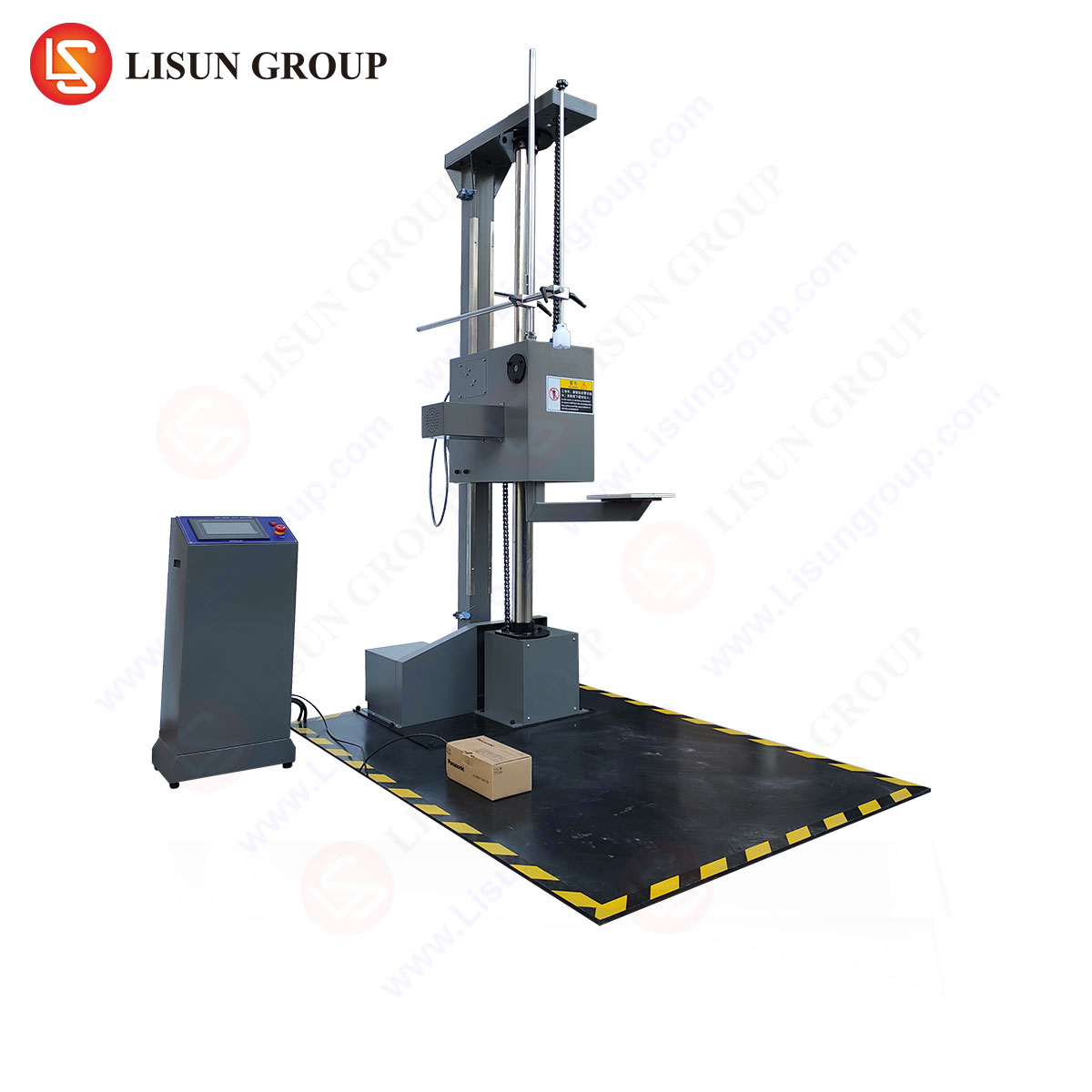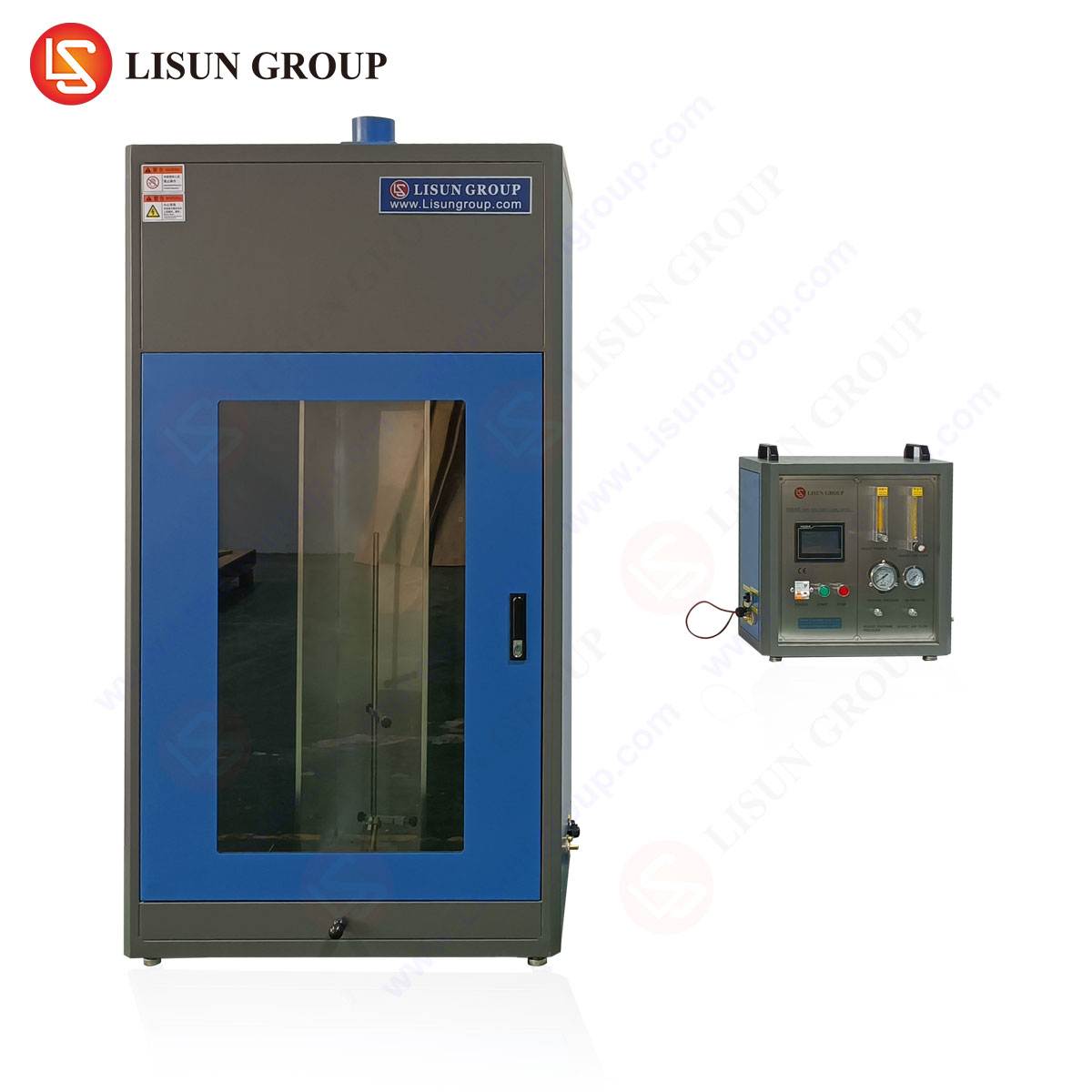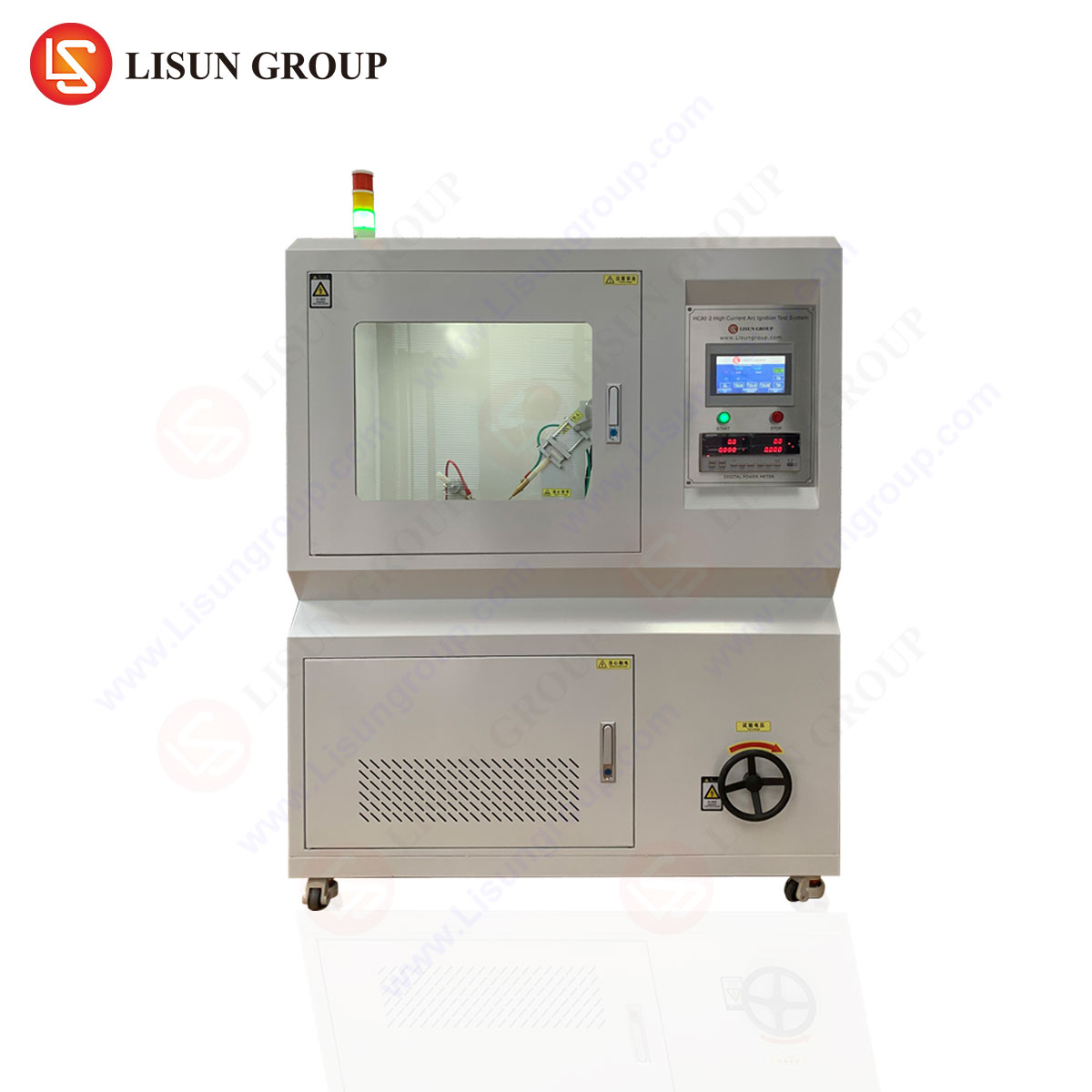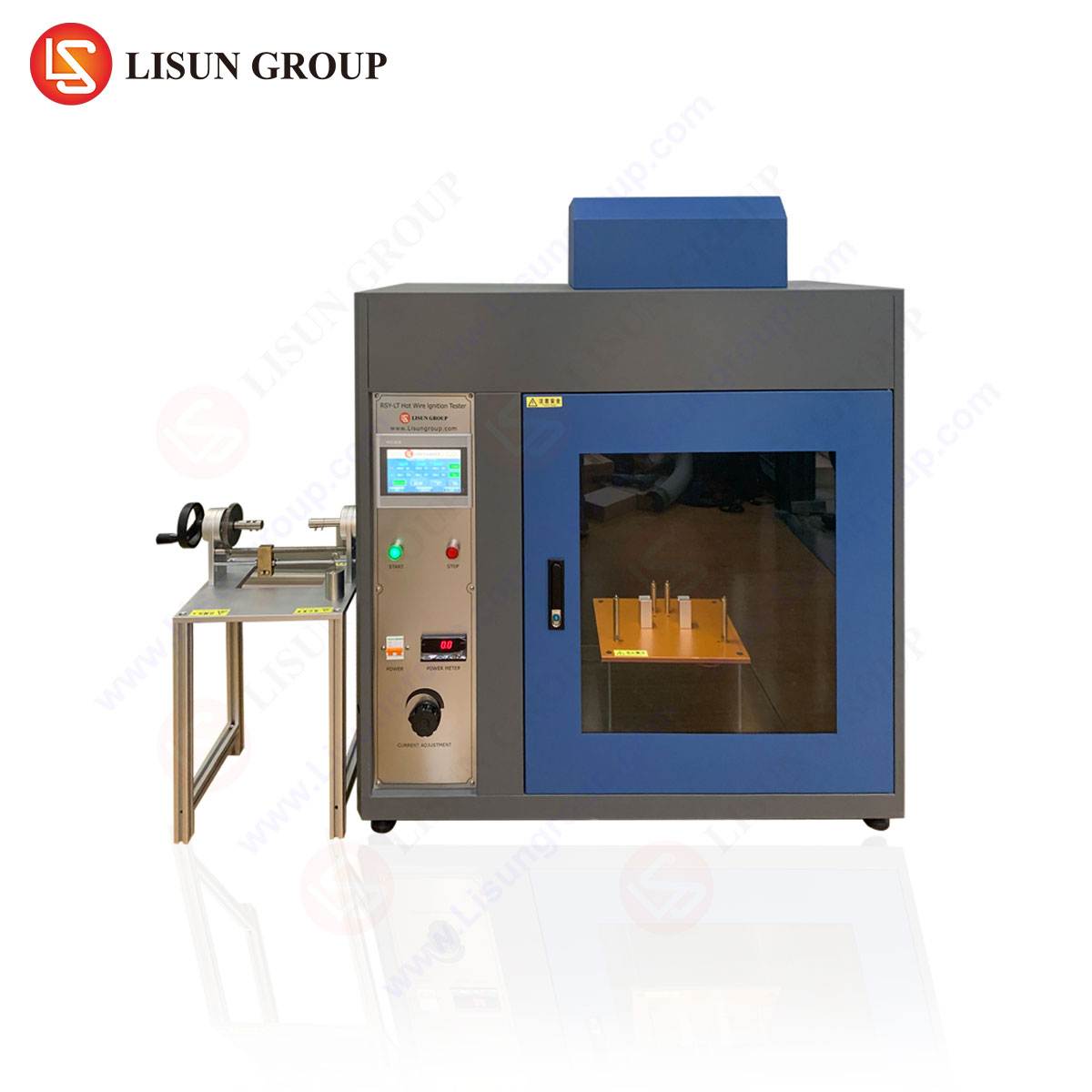Introduction to Sulfur Dioxide (SO₂) Corrosion Testing
Sulfur dioxide (SO₂) is a highly reactive gas that accelerates corrosion in metallic and non-metallic materials, particularly in industrial and urban environments. Evaluating material resistance to SO₂ exposure is critical for ensuring long-term reliability in electrical and electronic equipment, automotive components, aerospace systems, and other sensitive applications. The 리순 SQ-010 Sulfur Dioxide Test Chamber is engineered to simulate harsh SO₂-rich atmospheres, providing controlled and repeatable testing conditions in compliance with international standards such as IEC 60068-2-42, ISO 6988, and DIN 50018.
This article examines the technical features, operational principles, and industry-specific applications of the SQ-010, emphasizing its role in validating material durability under corrosive conditions.
Design and Functional Specifications of the SQ-010 Test Chamber
그만큼 LISUN SQ-010 is a precision-engineered environmental test chamber designed for accelerated corrosion testing using sulfur dioxide gas. Key structural and functional attributes include:
- Chamber Construction: Constructed from PP (polypropylene) material with reinforced structural integrity to resist chemical degradation.
- Gas Concentration Control: Precise regulation of SO₂ concentration (typically 0.1% to 1% by volume) with automated gas injection and exhaust systems.
- Temperature and Humidity Regulation: Maintains test conditions within ±0.5°C accuracy (range: +20°C to +50°C) and relative humidity (RH) control between 75% and 95%.
- Airflow Uniformity: Optimized internal circulation ensures homogeneous gas distribution, minimizing test variability.
- Safety Mechanisms: Integrated gas leak detection, pressure relief valves, and emergency shut-off protocols.
These specifications ensure compliance with accelerated corrosion testing requirements while maintaining operator safety and environmental containment.
Testing Principles and Methodologies
The SQ-010 operates on the principle of controlled SO₂ exposure, replicating industrial or marine environments where sulfur compounds contribute to material degradation. The testing process involves:
- Sample Preparation: Test specimens (e.g., electrical connectors, PCB coatings, or automotive wiring) are placed inside the chamber.
- Gas Introduction: A predetermined concentration of SO₂ is introduced, often combined with humidity to simulate condensation effects.
- Cyclic Exposure: Test cycles may include alternating phases of SO₂ saturation and ambient recovery, per IEC 60068-2-42 가이드라인을 참고하세요.
- Post-Test Evaluation: Specimens undergo visual inspection, electrical conductivity tests, or salt spray cross-checks to assess corrosion resistance.
This methodology is particularly relevant for industries requiring long-term material stability, such as aerospace avionics or medical implant connectors.
Industry-Specific Applications and Use Cases
Electrical and Electronic Equipment
In printed circuit boards (PCBs) 그리고 semiconductor packaging, sulfur-induced corrosion can lead to conductive filament formation and short-circuit failures. The SQ-010 enables manufacturers to verify conformal coatings and solder alloy resilience.
Automotive Electronics
Modern vehicles incorporate sensitive ECUs (Electronic Control Units) 그리고 sensor arrays exposed to exhaust byproducts. SO₂ testing ensures connector integrity in fuel injection systems 그리고 battery management modules.
Lighting Fixtures and Outdoor Electronics
LED drivers and streetlight enclosures face sulfur-rich urban pollution. The SQ-010 assesses anodized aluminum and polymer housings for pitting and discoloration.
Aerospace and Aviation Components
Avionic systems in jet engines encounter sulfur-laden exhaust plumes. The chamber validates gold-plated contacts 그리고 titanium alloys under FAA and DO-160 test protocols.
Medical Devices and Implants
Implantable pacemaker leads 그리고 surgical tools must resist bodily fluids containing sulfates. Biocompatible materials undergo SO₂ preconditioning to simulate in vivo degradation.
Competitive Advantages of the LISUN SQ-010
- Regulatory Compliance: Meets IEC, ISO, and DIN standards, ensuring global acceptance of test results.
- Precision Gas Dosage: Advanced mass flow controllers (MFCs) maintain exact SO₂ concentrations, reducing false negatives.
- Modular Upgrades: 선택 사항 multi-gas mixing (e.g., SO₂ + NO₂) for complex environmental simulations.
- Data Logging and Connectivity: 통합 RS-485 and Ethernet interfaces for real-time monitoring and remote control.
Scientific Validation and Case Study Data
A 2023 study on automotive relay contacts demonstrated that SQ-010 testing correlated with 10-year field data in high-sulfur regions. Samples exposed to 0.5% SO₂ at 40°C/85% RH showed:
| Material | Corrosion Rate (µm/year) | Failure Threshold (Cycles) |
|---|---|---|
| Silver-Plated Cu | 1.2 | 28 |
| Gold-Plated Ni | 0.3 | 75+ |
| Tin-Lead Solder | 2.8 | 15 |
Such empirical data aids in material selection for telecommunications base stations 그리고 industrial control panels.
FAQ 섹션
Q1: What is the recommended SO₂ concentration for testing household appliance components?
A: For switches and sockets, 0.33% SO₂ per IEC 60068-2-42 is typical, simulating urban atmospheric conditions.
Q2: How does the SQ-010 ensure uniform gas distribution?
A: A tangential fan system 그리고 baffle design prevent stratification, ensuring ±5% concentration variance across the workspace.
Q3: Can the chamber test for mixed-gas corrosion (e.g., SO₂ + H₂S)?
A: Yes, with optional gas mixing modules, the SQ-010 supports composite gas testing per ISO 21207.
Q4: What maintenance is required for prolonged chamber use?
A: Quarterly leak checks, PP chamber rinsing, and flow sensor calibration are recommended.
Q5: Is the SQ-010 suitable for testing aerospace-grade composites?
A: Yes, provided testing adheres to RTCA DO-160 Section 13 for sulfurous atmosphere resistance.


